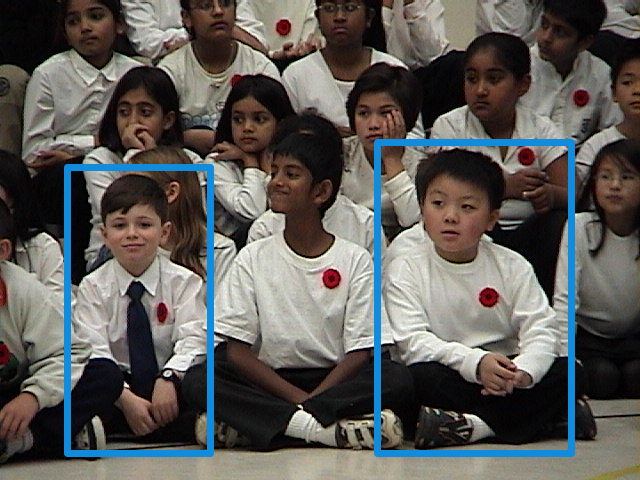Teknically, a startup from Wilfrid Laurier University that helps small businesses improve their websites, captured top honours at Canada’s Business Model Competition at Dalhousie University on Saturday.
The company founded by students Andrew Paradi and Brandon Chow beat out 15 other competitors at the two-day event, and an extremely strong field of four finalists on Saturday afternoon. As well as claiming the $25,000 first prize, they will now proceed to the international finals at Brigham Young University this spring.
The Canadian competition is organized by the Dalhousie University Starting Lean program. And like the international event, it assesses the process students apply to entrepreneurship more than their business plan. What the judges are looking for is the students’ ability to test their business hypothesis by interviewing potential clients and change their business model based on what they learned. The focus is on the business canvas, which provides a roadmap to a successful business.
“This competition has been fantastic,” said Brian Lowe, the Entrepreneur in Residence at Dalhousie. “I tell you, they’re all really well prepared and they clearly demonstrated the power of the lean canvas.”
Second place and $15,000 were captured by Sparkgig, a venture from University of Waterloo that is developing a platform to link performers with event organizers. Santé West, a group from the University of British Columbia that is developing a partial weight-bearing leg brace to help accelerate the recovery process from a leg injury, claimed the $10,000 third prize.
Student Fresh, a team from Memorial University of Newfoundland, was the only Atlantic Canadian team to make it into the final four. The team, which had only been working on its project for 60 days, links up students needing contract work with employers, and lets employers rate their performance.
Paradi and Chow, two friends who have known each other since first grade (That's Paradi and Chow in the above photo), did a great job of demonstrating how they came up with hypotheses, testing them with clients and adjusting their business model accordingly. They have ended up with a product called Webplio, which assesses the strengths and weaknesses in a small business’s website so business owners can discuss changes intelligently with their web developer.
“Our big win at the BMC Competition in Halifax means a lot to our company building credibility and giving us some valuable resources to speed up development towards our full launch of Webplio later this year,” said Paradi after the win.
The two entrepreneurs began with the assumption that small businesses lack a robust system of monitoring their websites. As they developed a minimum viable product to fill this gap, they interviewed a total of 118 people and developed for four working prototypes. They devised reports on their clients’ websites, and sold 10 at $99 each in a two-week period.
“These reports are not what we’re planning for the long-term,” Paradi told the judges during the finals. “Everything will be done online once it’s automated, so it will be scalable – very, very scalable.”
Canada’s Business Model Competition began at Dalhousie University in 2013 as the Canadian base for the competition that now extends to about 10 countries around the world. The winner last year was Halifax-based Spring Loaded Technology, which is developing a knee brace that strengthens as well as stabilizes the joint.










